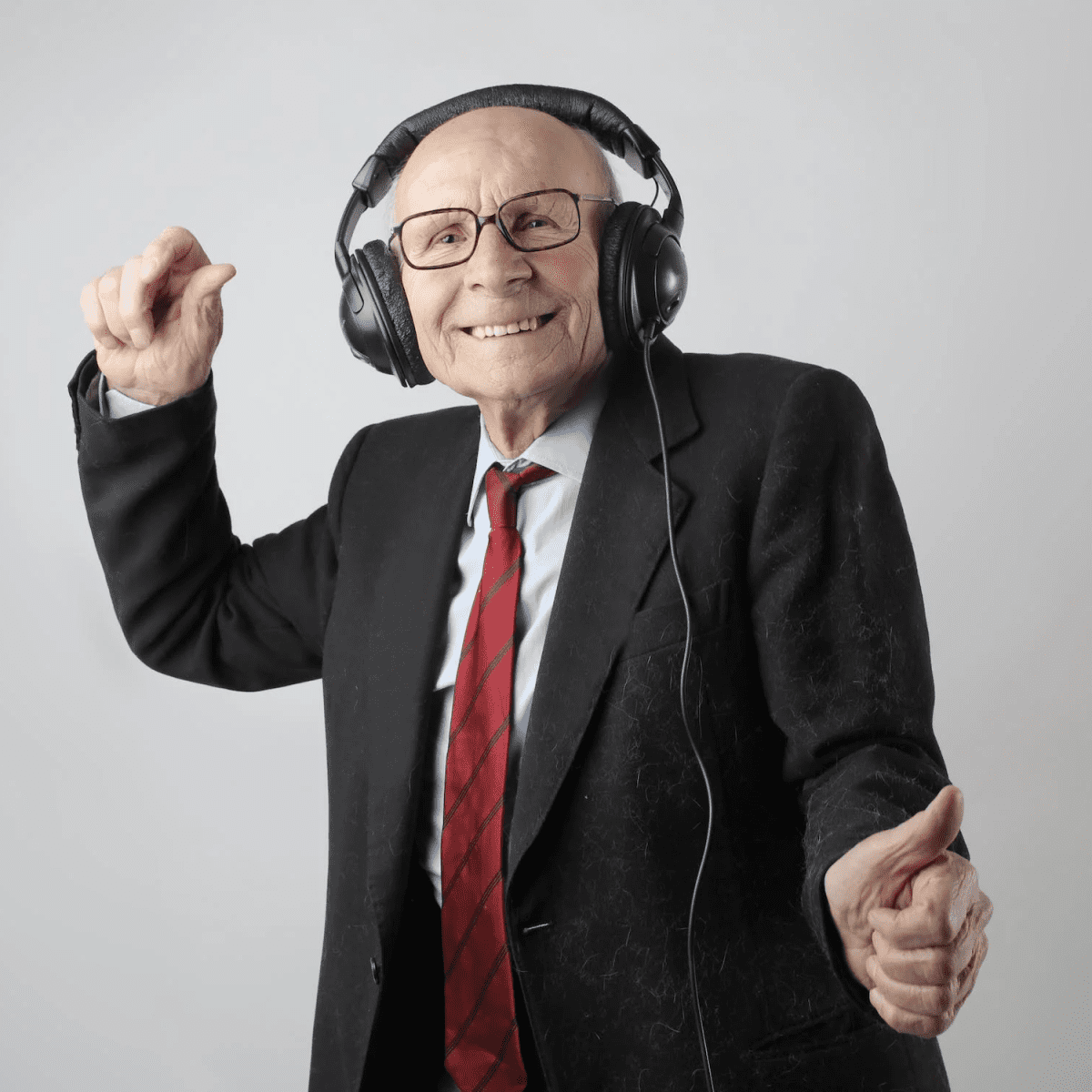Music is often a potent medium plus an integral portion of our everyday lives. Music is all around, from advertisements to anthems, from nursery rhymes towards the self-repeating jingles we use like a memory device.
Within your teen years, most of friends and family likely heard the same, or similar, music and artists. Shared music can make a sense of community and togetherness, potentially introducing you to definitely people you’ll have never met.

One among music’s main benefits is merging those who may not otherwise know the other. For fogeys or grandparents who cannot communicate as effectively because of medical or language barriers, songs, melodies, and sounds brings unity without the need for words.
Sometimes, culture will get lost between generations, particularly if languages aren’t offered. Music can connect the older and younger generations and help preserve culture, as a parent or grandparents often share cultural traditions and stories through songs or teaching instruments.
Encourages exercise and health
After they hear a fantastic beat, many people can’t help but move a little – regardless of whether they “can’t dance.” Whether your spouse is frequently during a workout session, would rather continue walks, or perhaps wants to dance, music is a good way of getting them through to their feet.
Workout is important to a healthy lifestyle as it strengthens your muscle mass and bones, reduces the risk of disease and illness, and improves overall mobility superiority life. Some individuals aren’t fond of a fitness center, but that’s not the only method to exercise! A fantastic song can get your heart pumping plus your body moving.
Can improve mental health
Music can drastically affect our feelings assuring of mind. It’s got which may reach deep emotional parts of your brain and evoke strong emotions. Happy, joyful music triggers our brain’s dopamine receptors, which ends up in mood boosts as well as a better lifestyle. In contrast, sad music tends to have the opposite effect.
Your feelings will probably follow suit based on the kind of music you listen to. For instance, when visiting the gym, athletes often play hype music to help them push for best, and composers use intense music to trigger fear, surprise, and suspense in film scores.
Music can help people who are afflicted by anxiety or depression by calming and reducing those feelings. Some therapists use music to explore emotions individuals don’t necessarily have the words to convey.
The most effective songs for seniors are those that mean something for many years. Ask your spouse with regards to their favourite songs, or introduce these to new things!
It improves concentration and concentrate.
Playing an instrument is a great way to build concentration and concentrate. All new skills require steady attention and perseverance to master. Studies show that learning a guitar strengthens the brain inside the brain, fosters more communication between your right and left sides from the brain, and improves overall cognitive ability.
Therefore, individuals who play instruments have better concentration, memory, fine motor skills, and overall brain strength. This truth remains true even if you started learning just as one adult.
In case your beloved has always wanted to study music, encourage them to accomplish that. Besides learning an instrument improve cognitive function, but it’s also fun! It might introduce new friends and new experiences.
Music is linked to memory.
Sound is really a close second to smell in relation to probably the most memory-linked senses. Music features a distinct way of triggering our memory, as certain sounds and songs often emphasize memorable moments we keep close to our hearts. They can help bring us time for the places we’ve been and help us recall the people we knew.
Therapists recommend or integrate music therapy for those with Alzheimer’s or dementia. Regardless of the condition, music often revives memories that could preferably be forgotten. For musicians especially, there are many cases where muscle memory starts, and even with dementia, they’re able to play and improvise songs perfectly.
However, the commonest use of tunes and melodies would be to ease the anxiety and depression that can come with all the diagnosis and development of dementia. Experts the best music for seniors with dementia is familiar, calming or happy.
Even though your parent or grandparent doesn’t have dementia, music can revive fond memories and transport them back to “the good ol’ days.”
To inspire diet and weight loss, a number of locations have music programs to supplement our memory care program and improve our residents’ total well being. By way of example, our Seasons Amherstburg location hosts weekly music days where our staff connect with residents to assist them to feel maintained and included.
How you can help your cherished one incorporate music later on in life
Since you’re acquainted with some of the benefits of music, here are some techniques to integrate the best thing about music to your parent or grandparent’s daily life:
Curate a playlist with a CD or possibly a music-playing website (i.e., YouTube, Spotify, etc.).
Find live music in your community. (i.e., A jazz bar, a college band or possibly a musical theatre show).
Introduce these phones a music streaming platform and teach them utilizing it to discover their favourite songs.
Recommend music therapy.
Cause them to learn a device, sing or dance.
Cause them to become join a dance class or choir group with a community centre or church.
Conclusion
Music is really a beautiful strategy to express things that can’t be expressed through words. Hence, it becomes an excellent way for seniors to relieve stress, boost their mood, and increase their overall outlook on life.
More info about retirement songs explore this useful web page
